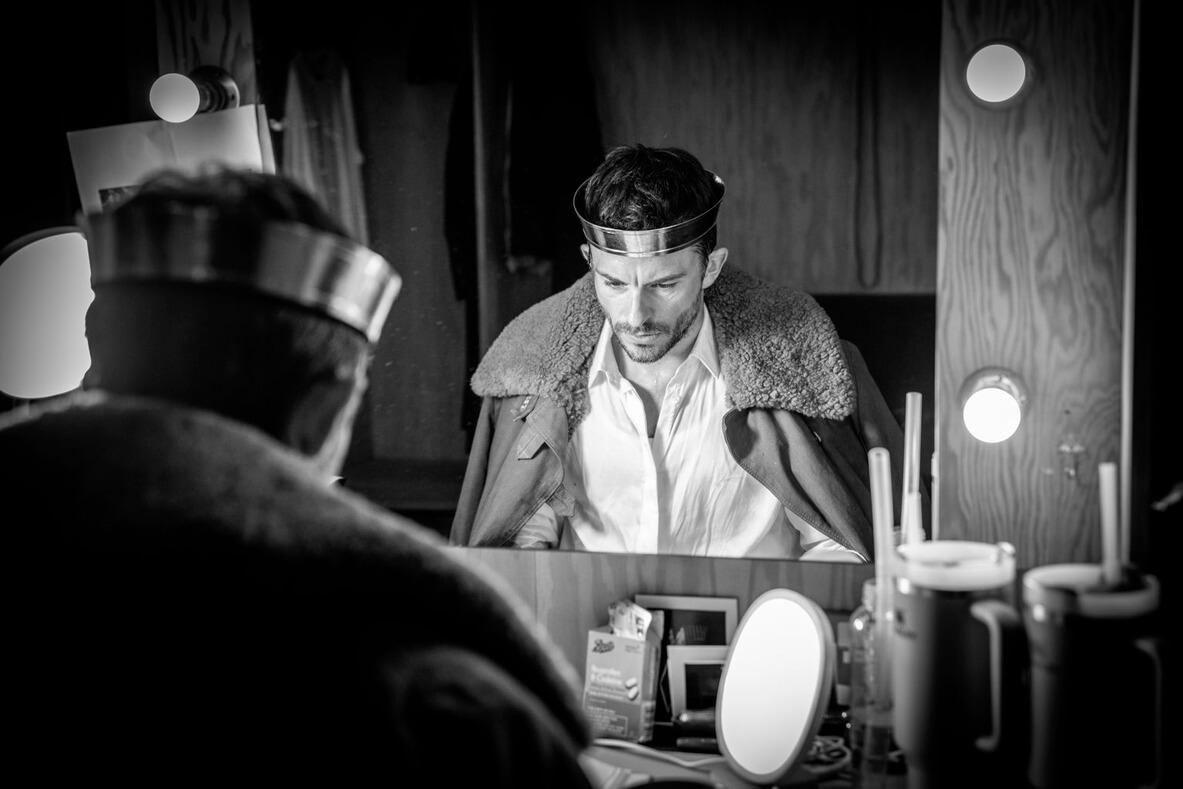Lindsay Duncan as Dora, is especially effective during the play’s set-up. As the matriarch of the family, she delivers her motherly instructions with the mannered confidence of one who has never been disobeyed. Everyone from her daughters, to the grandchildren, her husband and the servants, acquiesce as she earmarks errands and duties for each to perform, whilst a steady stream of extended family members arrive, to be shoe-horned into assigned bedrooms and allocated their bathing slots. When Belle arrives (Kate Fahy) with her crown of still shock-red hair helping her buck the years, the purring lionesses waste no time in dusting-off their historic competitiveness.
Perhaps the most notable returnee, is Cynthia (Bethan Cullinane) home from Paris for the first time in seven years and the subject of Dora’s insistent desire for a meaningful heart-to-heart. As the extended weekend progresses, one long unrequited love remains just that, whilst another - with a little encouragement and coaxing, smoulders into life between long suffering Fenny (Bessie Carter) and Nicholas (Billy Howle).
There is no disputing that the “…but darling, have I been an absolute beast” dialogue, keeps us firmly rooted in the 1930s, but there is less affected frippery here than with Noel Coward. Perhaps this is due to the matter-of-fact and practical essence Dodie Smith was able to distill into her central female characters. Sure enough, it would be easy to focus on the twee, homely elements, while ignoring the more tense and emotionally challenging events which shape the narrative, but given its age and distinctly out-of-favour period, Dear Octopus has a great deal to offer a modern audience.

 Dharmesh Patel (Kenneth), Ariella Elkins-Green (Flouncy), Billy Howle (Nicholas), Isla Ithier (Scrap) and Amy Morgan (Margery) in Dear Octopus at the National Theatre (c) Marc Brenner
Dharmesh Patel (Kenneth), Ariella Elkins-Green (Flouncy), Billy Howle (Nicholas), Isla Ithier (Scrap) and Amy Morgan (Margery) in Dear Octopus at the National Theatre (c) Marc Brenner

